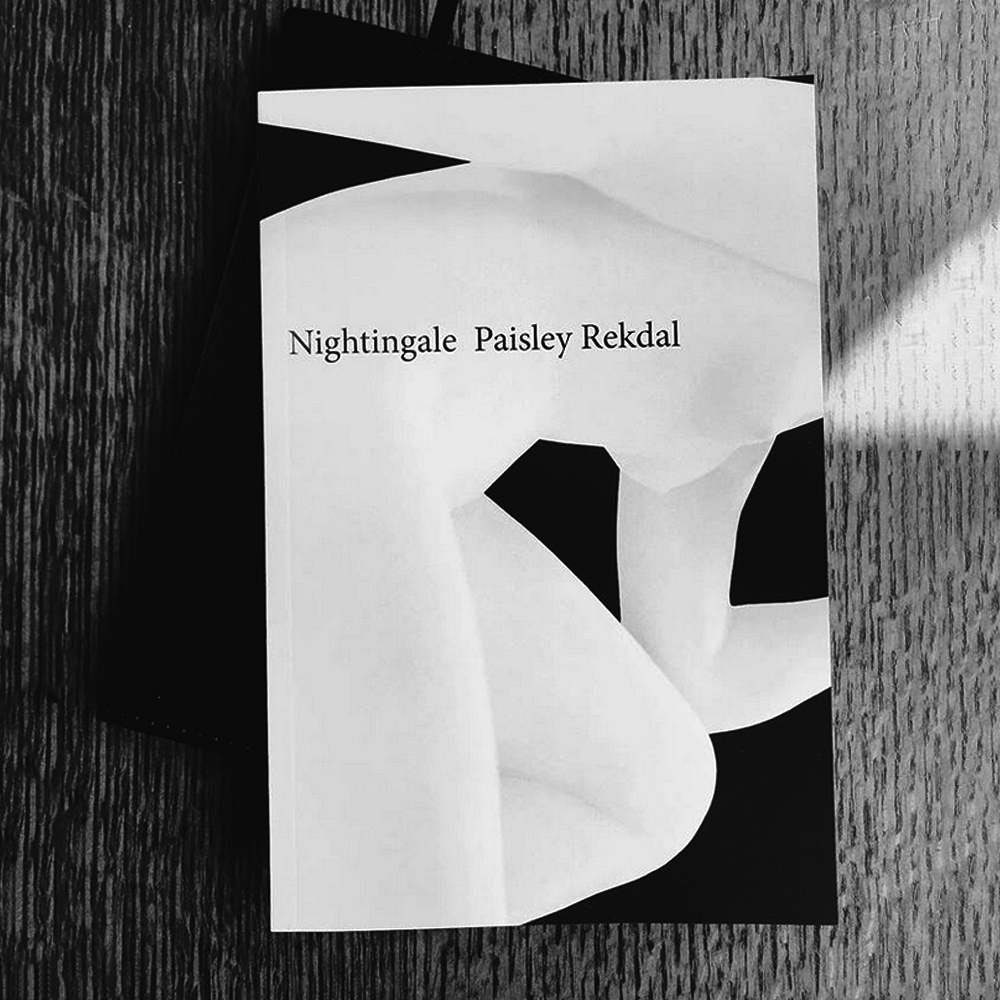This is my first poetry book review so I wanted to go over how I want to rate Poetry books I read and to start to refine how I review and rate books. So take this review with a physical pound of salt, and be ready to explore and learn how I want to review poetry. It might actually grow and change with time, and it might make this entire review pointless in a months time.
Ratings a Poetry Book
My goal is to rate a poetry book out of 100, dividing 25 points each into four different factors:
Narrative – 25
Narrative is the structure in which the book tells an over arching tale. This can be effected by reading multiple books by the same author and understanding the author better from book to book. This can also make a book feel out of place for an author.
Style – 25
This is the individual author’s voice and story telling, with out the use of poetic devices.
Readability / Flow – 25
Poetic Devices, Poetic Styles, and Poetic Forms used in the writing.
Emotion / Heart – 25
Personal taste, using the metric of how much I enjoyed reading it.
What I don’t care about:
Hopefully this makes my upcoming review be more clear.
Nightingale by Paisley Rekdal – 40/100
“Why do you remove me from myself?”
Ovid, The Metamorphisis 6.385
Knowing all of the outside references used to compile this book seems to be key to fully enjoying this 4 part collection. I lack the energy to research and connect all the dots together like a conspiracy theorist who wants to get the most out of this book as much as possible. I imagine that a dedicated fan would actually love this, working through every reference to put the pieces together to tell themselves a great story. I’m looking at this as a poetry book and not a scavenger hunt. I imagine if anyone were to critique this view, they would simply tell me I’m simply not cultured enough to read this properly, but anyone so cultured to enjoy this book with out outside research upon reading is so rare that I can’t imagine it being useful for a wide release.
Poem to poem actually connects very well in telling a strong story with similar themes, such as “keeping a mouth shut” told in multiple ways showing the flexibility in the story telling. Sometimes this is done in a heavy handed way (at the end of each section they get you ready for the next section with a poem bridging the gap, but I often felt the shift to be jarring). That being said within each of its own sections its done very well. It left me feeling like this author might be very good with different subject matter.
The subjects of Nightingale are very topical. Choose a subject that you would suspect to be in contemporary poetry, and it’s in here. Sex change, quadriplegic (physical trauma to a paralyzing degree), rape, and sexual assault. The overarching theming that the book puts forward using these topics is mostly people not feeling like themselves, which is a good way to put forward these ideas and puts a nice twist on it. The way things are described are also used with redundancy, there are many mentions of feces and milk giving itself something else I find very common in contemporary poetry books.
The more I read the more I enjoyed its self referencing. It also had many sentences and lines that were very good on their own- I would dare say they are actually very clip-able and sharable on social media- something that I think matters for poetry these days but I’m not actually sure about that. Reading through it though, the form and presentation I felt was presented very badly. Lines broke almost randomly and it gave a feeling of cutting and pasting from emails that have different widths.
Section II was probably the strongest, with Section III being the weakest. The third section really doubled down on the sexual violence. Section I and IV were alright, some parts I found a little confusing but this could have been corrected had I known all the references. Part IV also had a section where a wife was scared of a cheating husband, which really wasn’t matching most the other parts of the book- the poem’s perspective didn’t even hold the theming of feeling besides oneself.
I would recommend this to a young, poet who is looking for some well written, well themed topics- but who hasn’t necessarily read a lot of poetry in their life. This is a bit like a fan fiction of the Twilight Franchise – it’s very popular and has a large audience who consumes it, but at best it’s a guilty pleasure and at worse it doesn’t have enough to stand out on its own. I get the feeling that if this was on different subject matter this could have been much better, but she probably wrote what she felt passionate about. Which read a lot to me like Twilight Fan Fiction.


